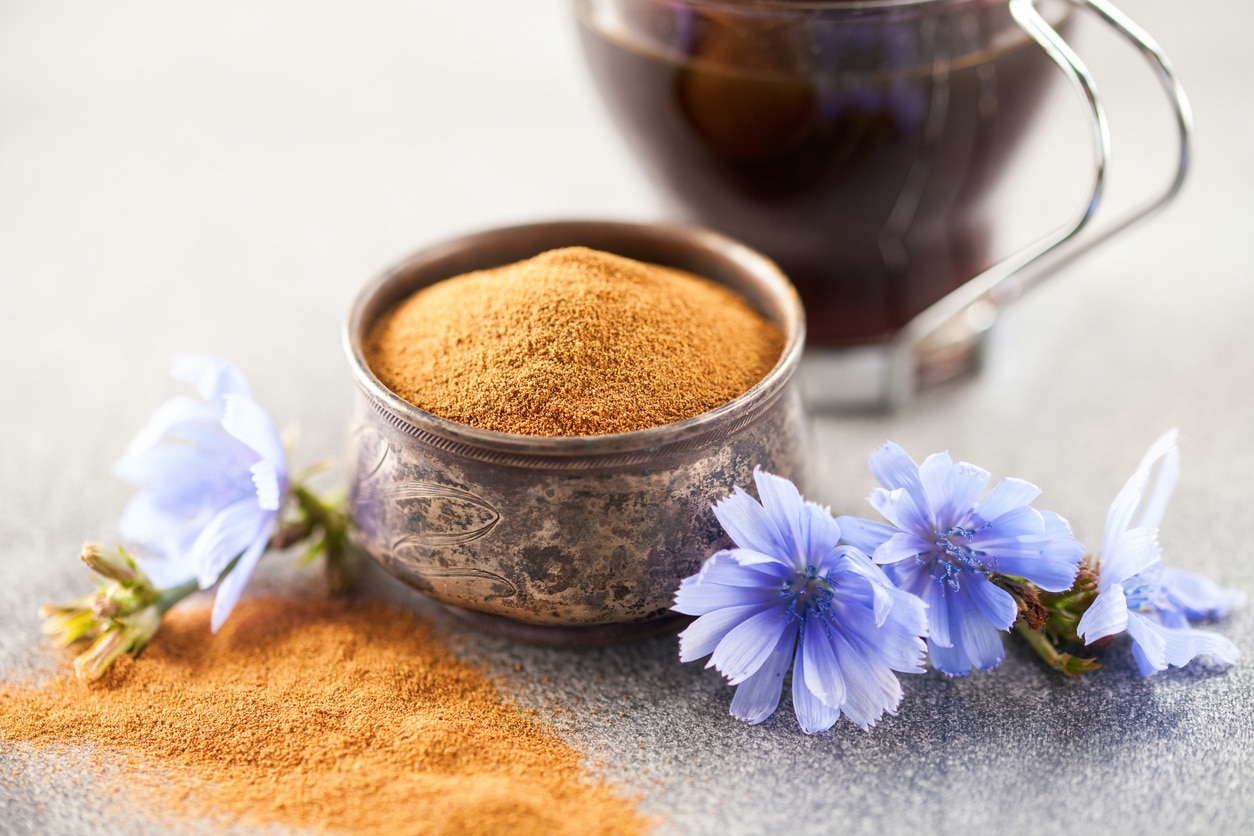For some time, we have been hearing that high doses of coffee may not be good for health. However, in our culture, coffee holds an important place. It punctuates our day with coffee in the morning, during breaks, or even at the end of a meal. Therefore, it is hard to imagine breaking this routine.
Excessive consumption is discussed from five cups a day, whether the coffee is short, long, espresso or lungo, with or without milk. This overconsumption can have consequences on our body: severe headaches, absorption of essential minerals, increase in cholesterol levels, damage to the digestive system, increase in irritability and anxiety, insomnia…
These arguments are to be nuanced because coffee can also have virtues, it’s a matter of balance, like everything in nutrition. We are not here to tell you to stop consuming it immediately, but to limit yourself, and why not replace the excess cup with an alternative.
If what scares you about quitting coffee is the loss of the energy boost it provides you, know that there are drinks just as energizing.
1. Teas and Herbal Teas
- The matcha tea : The matcha is a green powder obtained by grinding young tea leaves. It contains less caffeine than coffee, with the addition of the amino acid L-Theanine. It guarantees less stress and nervousness, but more mental alertness.
- The chai tea: It is a blend of tea and spices (cinnamon, clove, and cardamom) with calming virtues. Served with a bit of milk, this creamy beverage will trick your brain into thinking you are drinking coffee.
- The boosting herbal teas and infusions: Tea also contains caffeine, so we would then prefer “red” tea (rooibos for example) rather than “green” or “black” if we are looking to reduce or eliminate caffeine. Even better, herbal teas with stimulating plants that fight against mental and physical fatigue: maté for example often replaces coffee in South America. It is rich in antioxidants that stimulate metabolism.
2. The chicory
The well-known chicory in Belgium and the North of France contains no caffeine but has a bitter side that can remind us of coffee. A cup of chicory will provide you with phosphorus and magnesium. It has a good effect on our grey cells but also helps in the assimilation of calcium and iron. It can be mixed with milk, plant-based drinks, or simply water, it’s up to you to see what you prefer.

3. Plant-based drinks
The latte is a blend of plant-based beverage (almond, hazelnut, coconut, cashew, etc.) and spices (turmeric, ginger, cinnamon, nutmeg, cardamom). Matcha, rich in caffeine, can also be used, resulting in a matcha latte.
The hot chocolate made from pure bitter cocoa and plant-based beverage is also a popular alternative for its nostalgic throwback, while providing vitamins and minerals. These alternative beverages are suitable for a vegan diet, as are the juices we will look at.
4. Fruit and vegetable juices
Lemon water will provide you with the energy you need thanks to the vitamin C in the lemon. The combination of warm water and lemon aids digestion.
If you don’t mind replacing your coffee with a cold drink, juice from citrus fruits (orange, grapefruit, clementine) will give you the energy you need, while also eliminating the waste accumulated during the night. Prefer freshly squeezed juice or if you don’t have time, a store-bought juice but without added sugar, 100% pure juice.
For the bravest among us, vegetable juices are also very good for health and packed with vitamins that will boost your system.
So, have you found the coffee substitute you need? Are you ready to take the plunge? If it seems too difficult for you, why not start with decaffeinated coffee, to gradually rid yourself of caffeine and thus avoid withdrawal. Be careful: choose a decaffeinated coffee that is solvent-free, water-based or CO2-based, rather than one made through a chemical process.

